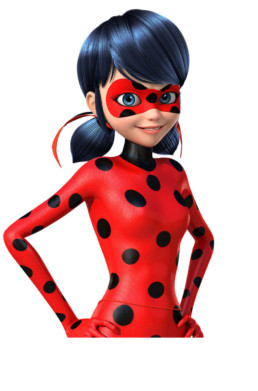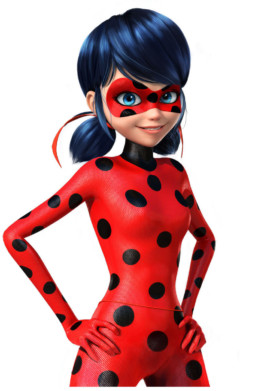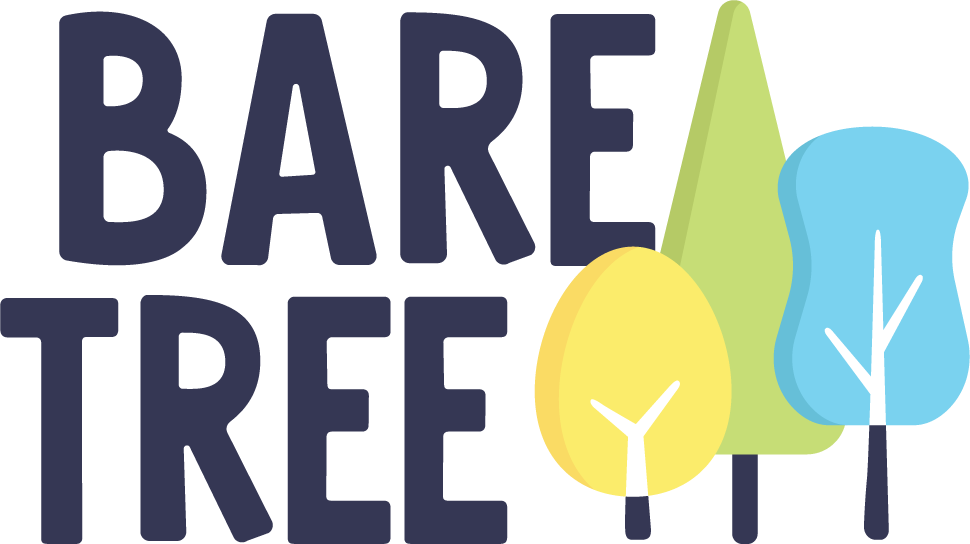Give 'em the Ol' Razzle Dazzle: Digital Painting Applications in Messaging Stickers
Obi here!
As a digital illustrator at BTM my job requires me to cover everything from illustrating and creating images from scratch, to working on and building off of already existing assets.
Because of this, I have to be able to work in a variety of different styles, especially when it comes to working with already existing assets. An instance of this is BTM’s messaging stickers for Zagtoon’s Miraculous: Tales of Ladybug & Cat Noir.
To start this project BTM was supplied with a variety of assets, which included a mix of expertly rendered illustrations of Ladybug and Chat Noir, the two main characters from the show, and images of the 3D models used in the show. While the 3D models were fine, they were also distinctly different from the finished illustrations. When building a sticker pack keeping a consistent art style across the board is key. As the digital illustrator on the project it is my job to give em’ the ol’ razzle dazzle.

The first step in this process is addressing why some of the art looks different than others. The main difference is the hair, eyes, lighting and the places where the limbs got cut out of frame.

Next comes roughing out the general form over the 3d model, this includes adding parts that got cutout of frame and taking away the hard edges of the hair, so that it can be painted back to look less like a hard plastic model and more like actual hair.
After the general form has been established the forms and textures get refined and detailed. This stage includes painting her hair, eyes, touching up various parts of her face and further refining the areas of her figure were extended.
With some of the details, such as the mesh texturing on Ladybug’s body suit, it was faster to extract the pattern from other areas of her suit, build the flat texture in another document, and map it to the areas that required it.
With the form and details rendered, it’s time for lighting. With various blend modes and opacity layers I simulated more dynamic, colored lighting, which further pushed the contrast and helped to match the style of illustration used in the finished assets BTM received.
To finish the edits, a final rendering of any small details and a layer of low level noise to unify the piece are applied.



Voila! C’est Ladybug!

